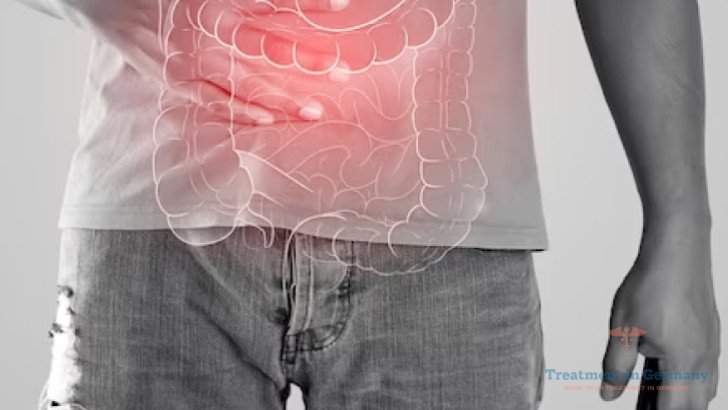
Primary peritoneal cancer (PPC) is a rare cancer. It starts in the thin layer of tissue lining the inside of the abdomen. This tissue lining is called the peritoneum.
Peritoneal Cancer Treatment in Germany
Cancer that spreads to the peritoneum, the thin layer of tissue that envelops your abdominal organs, is known as peritoneal cancer. This is broadly classified into two. Peritoneal mesothelioma is cancer that arises at the lining of the peritoneum, and peritoneal carcinomatosis is a secondary malignancy at the peritoneum that arises from cancer spread from other organs.
Germany has developed into a country of choice for the treatment of such disorders, the country has developed the best technologies in medical treatment and treatment strategies.
Why Go To Germany For Peritoneal Cancer Treatment?
Germany has state of the art technologies, including HIPEC and targeted therapies accompanied by experienced oncologists. Through the use of enhanced technology and effective organization of care, patients get quality and individualized treatment. German hospitals are known for:
Imaging and other diagnostic schemes
Before starting treatment, doctors perform detailed staging of peritoneal cancer using:
Peritoneal Cancer Staging
The staging process suggests how far the disease has advanced that is how far it extends into the body. German hospitals use the Peritoneal Cancer Index (PCI) to:
Modern Treatment Approaches in Germany
Germany stands out with advanced medical inventions and technologies, high accuracy in diagnosis and treatment, less invasiveness in surgeries, and unique therapies. It gives patients the best and specialized treatment required for their ailment. Some of the treatments, such as:
Cytoreductive Surgery
This complex procedure is one of the most often used methods of peritoneal cancer therapy in Germany. During cytoreductive surgery, surgeons:
Hyperthermic Intraperitoneal Chemotherapy (HIPEC)
HIPEC is usually administered as soon as cytoreductive surgery has been performed. This treatment involves:
Additional Treatment Options
In addition to traditional medicine, patients can use the portal to learn about such options as:
Systemic Chemotherapy
Sometimes needed before or after surgery, this treatment:
Targeted Therapy
German hospitals offer personalized treatment plans using:
Recovery and Aftercare
The recovery process typically includes:
What the Patients should Expect While in the Hospital
German hospitals provide:
Treatment Timeline
A typical treatment journey includes:
Success Rates and Outcomes
German hospitals maintain high standards with:
The treatment course may seem quite extensive, but Germany’s medical centers help patients at every stage of treatment. Throughout the length of time it takes to receive a diagnosis and be treated until recovery, you will have the benefit of working with skilled physicians as well as quality treatment and supportive care.
Your medical team will have to coordinate with you to make sure you have the treatment plan that will greatly affect your condition.
Kindly complete the form below, and our dedicated team will reach out to you promptly. We look forward to connecting with you soon!
Trierer Straße, 56072 Koblenz, Germany

.webp)
 (1).webp)

.webp)
 (1).webp)


.webp)
 (1).webp)

.webp)
 (1).webp)
